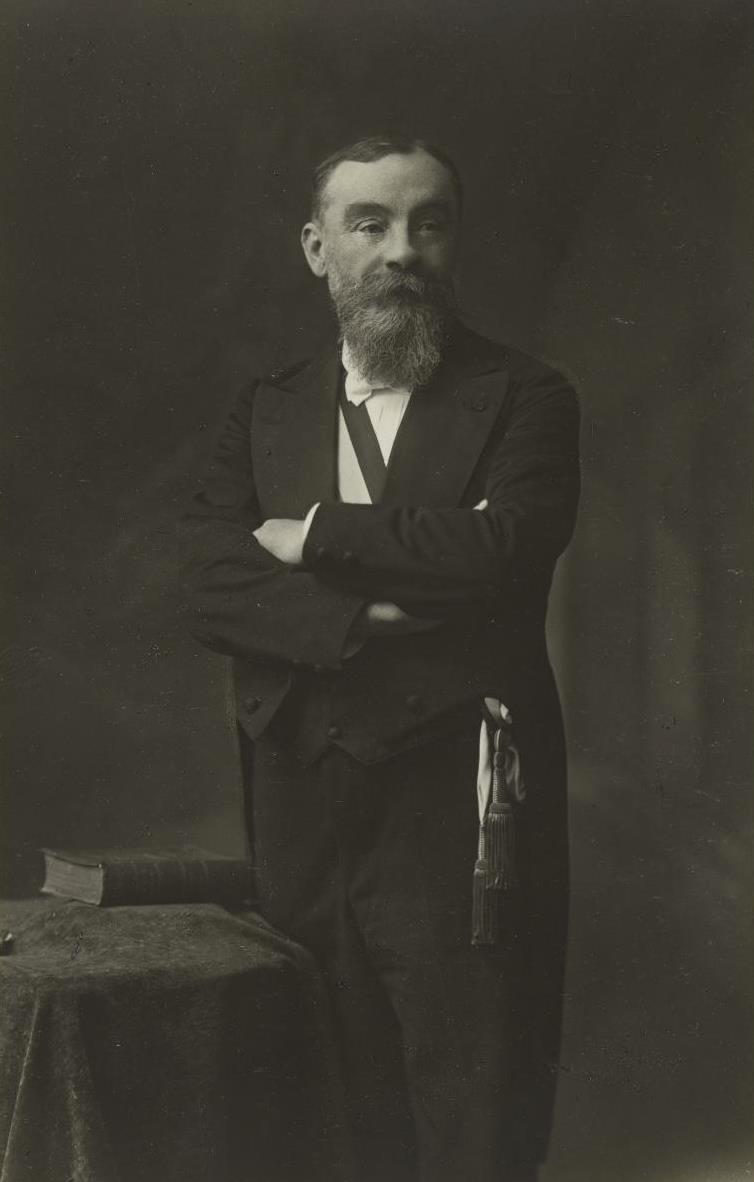Ferdinand Brunot on:
[Wikipedia]
[Google]
[Amazon]
 Ferdinand-Eugène-Jean-Baptiste Brunot (6 November 1860 – 7 January 1938) was a French linguist and philologist, editor of the ground-breaking ''Histoire de la langue française des origines à 1900'' ("History of the French Language from its Origins to 1900").
Brunot was born in
Ferdinand-Eugène-Jean-Baptiste Brunot (6 November 1860 – 7 January 1938) was a French linguist and philologist, editor of the ground-breaking ''Histoire de la langue française des origines à 1900'' ("History of the French Language from its Origins to 1900").
Brunot was born in
online biography (in French)
 Ferdinand-Eugène-Jean-Baptiste Brunot (6 November 1860 – 7 January 1938) was a French linguist and philologist, editor of the ground-breaking ''Histoire de la langue française des origines à 1900'' ("History of the French Language from its Origins to 1900").
Brunot was born in
Ferdinand-Eugène-Jean-Baptiste Brunot (6 November 1860 – 7 January 1938) was a French linguist and philologist, editor of the ground-breaking ''Histoire de la langue française des origines à 1900'' ("History of the French Language from its Origins to 1900").
Brunot was born in Saint-Dié-des-Vosges
Saint-Dié-des-Vosges (; german: Sankt Didel), commonly referred to as just Saint-Dié, is a commune in the Vosges department in Grand Est in northeastern France.
It is a sub-prefecture of the department.
Geography
Saint-Dié is located in the ...
. He found his first faculty position and published his first book from the ''Faculté des lettres de Lyon'', now the Lumière University Lyon 2
Lumière University Lyon 2 (french: Université Lumière Lyon 2) is one of the three universities that comprise the current University of Lyon, having splintered from an older university of the same name, and is primarily based on two campuses in ...
. In October 1891 he became a lecturer at the Sorbonne
Sorbonne may refer to:
* Sorbonne (building), historic building in Paris, which housed the University of Paris and is now shared among multiple universities.
*the University of Paris (c. 1150 – 1970)
*one of its components or linked institution, ...
at the age of 31. Here he began his long collaboration with fellow linguist Louis Petit de Julleville Louis Petit de Julleville (18 July 1841 – 28 August 1900) was a French scholar.
Life
Born in Paris, Petit de Julleville was educated at the École Normale Supérieure and the French School at Athens. He received his doctorate in literature in 186 ...
and produced the first volume of his monumental History, dealing with medieval French. It would eventually stretch to nine volumes published in his lifetime, and 13 volumes altogether. He also published a standard French grammar, and several papers advocating simplified French spelling.
Brunot served as mayor of the 14th arrondissement of Paris
Paris () is the capital and most populous city of France, with an estimated population of 2,165,423 residents in 2019 in an area of more than 105 km² (41 sq mi), making it the 30th most densely populated city in the world in 2020. S ...
in the difficult war years of 1914 through 1919, and served as dean of the University of Paris
, image_name = Coat of arms of the University of Paris.svg
, image_size = 150px
, caption = Coat of Arms
, latin_name = Universitas magistrorum et scholarium Parisiensis
, motto = ''Hic et ubique terrarum'' (Latin)
, mottoeng = Here and a ...
from 1919 through 1928 while engineering its significant expansion. He was appointed to the Académie des Inscriptions et Belles-Lettres
The Académie des Inscriptions et Belles-Lettres () is a French learned society devoted to history, founded in February 1663 as one of the five academies of the Institut de France. The academy's scope was the study of ancient inscriptions ( epig ...
in 1925, later serving as its president, and was awarded the Grand Croix of the Legion of Honor in 1933. He died in Paris. One of the squares in Paris
Paris is known as the ''City of Light''. Part of the credit for this ''sobriquet'' can be ascribed to long-standing city ordinances that have restricted the height of buildings in the central city. A more modest skyline, interrupted only by th ...
and one of its fountains
A fountain, from the Latin "fons" (genitive "fontis"), meaning source or spring, is a decorative reservoir used for discharging water. It is also a structure that jets water into the air for a decorative or dramatic effect.
Fountains were ori ...
, both in his home arrondissement, bear his name.
Sources
online biography (in French)
External links
* {{DEFAULTSORT:Brunot, Ferdinand 1860 births 1938 deaths Linguists from France French philologists Grand Croix of the Légion d'honneur Members of the Académie des Inscriptions et Belles-Lettres Members of the Académie royale de langue et de littérature françaises de Belgique